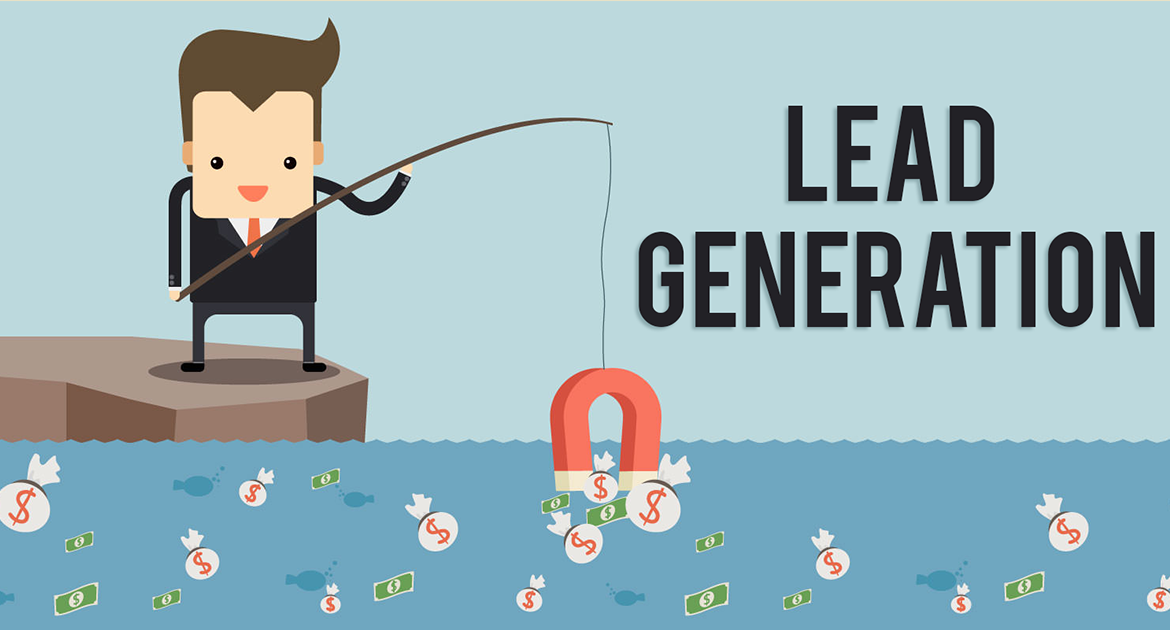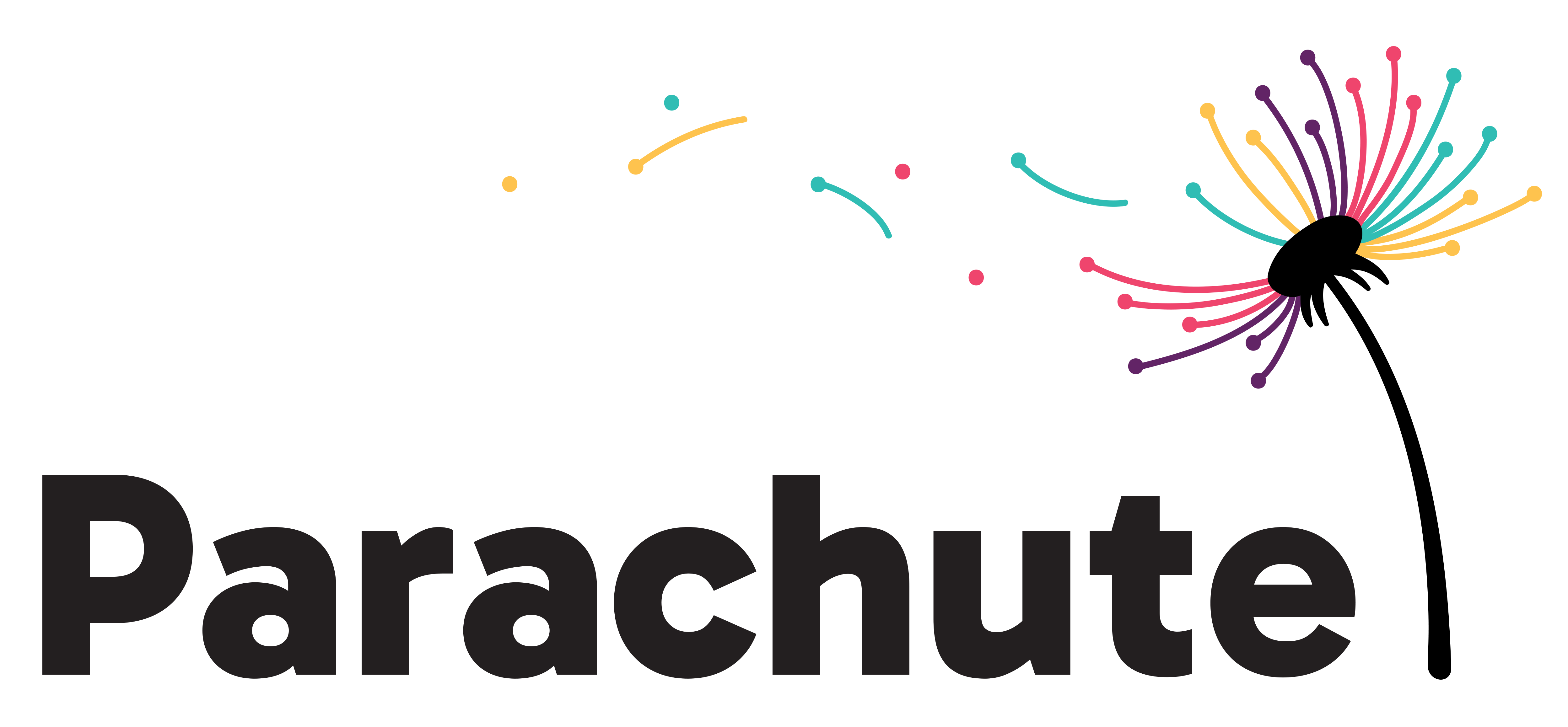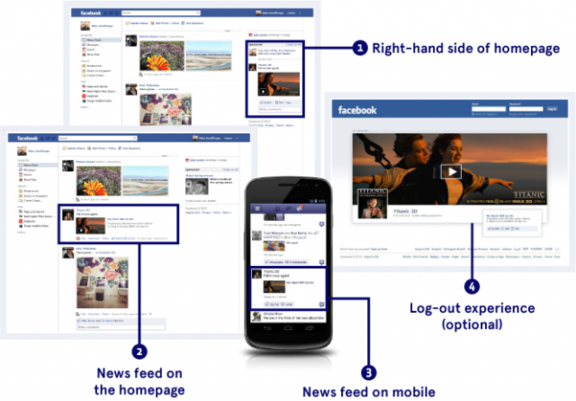Facebook has made changes to its Newsfeed algorithm – it WILL affect your campaigns for Lead Gen, Donations and Advocacy
Because of you, Parachute Digital is best known for Donor Acquisition and Lead Generation – mostly charities use it for RG and cash conversion, as well as more people for campaign actions.
We design a strategy and help you create data capture mechanisms that connect people who care about your cause, to your organisation. Facebook is a big part of how we can find the person whose values match your organisation’s work.

Lead Generation should be trying to find the RIGHT prospects for your organisation, not putting everyone into the funnel
You may or may not have been aware of the flak Facebook has copped in the last 12 months – for many reasons, such as the lack of friend-based content in your newsfeed and because of its role in the fake news that may have impacted on Trump being elected in the US.
Well, they’ve responded to the criticism by choosing to self-regulate.
The Facebook algorithm is changing to address these issues.
There are implications for fundraisers and campaigners – but if you’re good at what you do and you focus on quality content and good user experiences you’ll be fine. But it will mean that you paid Advertising budget will need to go up as the organic reach your Organisation’s page used to get (which is meagre compared to what it would have been prior to 2012) is going to dip dramatically.
Jeff Goldenburg has written a fabulous detailed summary of the Facebook Newsfeed Algorithm changes, below are the highlights – but there are a few bits of seemingly contradictory information about organic reach of your organisation’s brand page.
The Facebook Newsfeed Algorithm changes are Good for Users
- Facebook users will see more content from friends and family
- Your newsfeed will only show organic content from Brands and Organisations that has high engagement
- The user experience should get better for anything you click on, or ads you see, because Facebook will penalise advertisers with poor ads and landing pages
- Facebook is cracking down on advertisers baiting their audience to like or share. They want user initiated engagement.
Impact for Fundraisers & Campaigners using Facebook
Broken down into Ads and Boosted Content
Unfortunately, organisations should expect their organic reach to be reduced dramatically.
Facebook will begin to phase out giving branded organic content a good weighting in their newsfeed algorithm. Instead they plan to focus sharing content that generates the most conversations.
So, content/ posts with high engagement will still be seen, but not much else, unless you pay for it. But how you pay for it is important – make sure its in an ad campaign, not a boosted post.
Changes to Facebook Ads (all types)
- Facebook will not be changing its ads algorithm – Good quality ads will continue to get shown
- Low-quality ads will be penalized by Facebook, advertisers not running well designed and relevant ads will simply pay higher CPMs (cost per impression)
- or risk not getting any ad delivery at all!
- Facebook will make the user experience more important when determining which ads to show people, such as how fast a web page loads.
- I am so damn happy to hear this as I’ve been banging on about good user experiences for years now and too many organisations go for quick and cheap – now you’ll be forced to put the user’s experience higher in your priorities.
Big Changes to Boosted Posts
- This newsfeed algorithm change DOES apply to BOOSTED or promoted page posts – and its going to hurt
- If you boost a post with GOOD engagement, it will result in less reach.
- WTF? Sounds counter-intuitive, right? But the rationale is that if you get good engagement on a post, the newsfeed algorithm will show your post in the organic results.
- This means, use ad campaigns instead of boosted posts if you need to make sure your message gets out (but wait to see what the engagement is like, as you may not need it.
How soon will this all happen?
I’m not sure exactly, but I’d start implementing new best practice into your Donor acquisition and lead generation strategies now and optimising your current Facebook ad campaigns immediately, and you’ll be the first to see the positive results.
When you hear others start to complain that Facebook as a channel is no longer working, you’ll know why. It’s up to you if you share this information or keep it for your competitive advantage.

